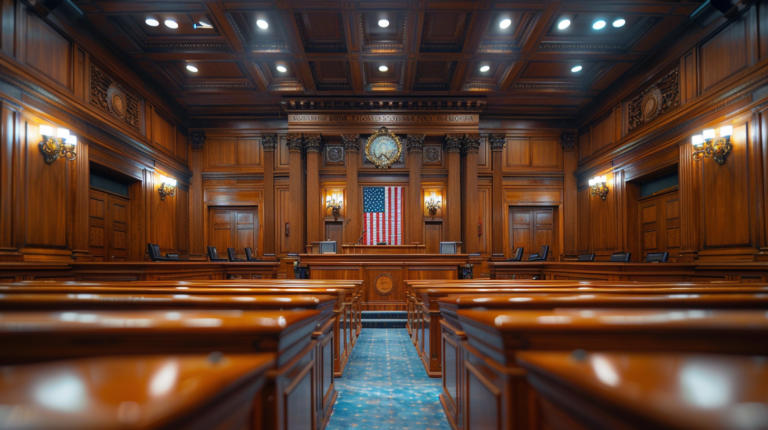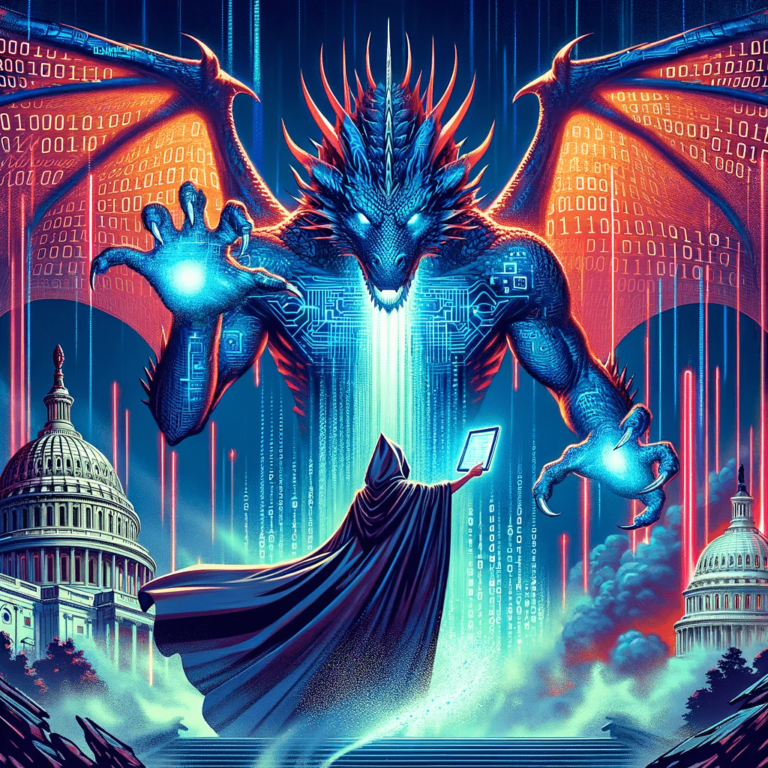Facebook is the latest technology giant to stare down an antitrust suit. The Federal Trade Commission (FTC) and 46 states, the District of Columbia, and Guam sued the social media and advertising behemoth in early December, alleging anticompetitive behavior. The result of a year-plus long investigation, the lawsuit could force Facebook to unwind some of its major acquisitions.
The Lawsuit
The FTC lawsuit alleges that Facebook “is illegally maintaining its personal social networking monopoly through a years-long course of anticompetitive conduct.” If successful, the suit would “require divestitures of assets, including Instagram and WhatsApp; prohibit Facebook from imposing anticompetitive conditions on software developers; and require Facebook to seek prior notice and approval for future mergers and acquisitions.”
In a statement, FTC Bureau of Competition Director Ian Conner claimed that “Facebook’s actions to entrench and maintain its monopoly deny consumers the benefits of competition. Our aim is to roll back Facebook’s anticompetitive conduct and restore competition so that innovation and free competition can thrive.”
The groundwork was laid in 2019, when several state attorneys general, led by New York Attorney General Letitia James, began to investigate the company. The bipartisan effort expressed concern “that Facebook may have put consumer data at risk, reduced the quality of consumers’ choices, and increased the price of advertising,” said James.
What the Lawsuit Means for Facebook
Facebook finds itself in an unusual position. The company “not[ed] the FTC had previously approved the Instagram and WhatsApp transactions,” reports the Wall Street Journal. Company General Counsel Jennifer Newstead characterized the lawsuit as “a do-over, sending a chilling warning to American business that no sale is ever final.” “When we acquired Instagram and WhatsApp, we believed these companies would be a great benefit to our Facebook users and that we could help transform them into something even better,” said Newstead. “And we did. This lawsuit risks sowing doubt and uncertainty about the US government’s own merger review process and whether acquiring businesses can actually rely on the outcomes of the legal process.”
It’s the latest salvo in a conflict that founder and CEO Mark Zuckerberg has described as “existential.” The company has enjoyed remarkable growth since its founding, accumulating staggering profits and influence as “more than 2.5 billion people use its product every day world-wide.” But with that growth has come more scrutiny around the globe: about election interference, data impropriety, and fact-checking, among other issues. Critics – and the FTC lawsuit – maintain that its growth has allowed the company to purchase competitors rather than compete with them.
Facebook, however, maintains the companies became more successful by virtue of their purchase and investment – levels that they may never have reached independently.
What Happens Next?
As recent antitrust filings against Google and Apple have reinforced, antitrust law is a protracted process. The cases are intensely difficult to prove, in part because “antitrust laws are complex and were put in place before the advent of modern technology.” New York Times reporters Mike Isaac and Cecilia Kang laid out the burden on the FTC and attorneys general: they first “must show that Facebook bought rivals [like Instagram and WhatsApp] with the express purpose of killing off the competition. Then they must argue a theoretical: Consumers and the social media market would have been better off without the mergers.”
With its inherent complexities, any resolution is likely years away. Additionally, the ongoing integration of Facebook, Whatsapp, and Instagram means additional layers of difficulty to potentially undo. But the Facebook lawsuit’s importance extends beyond its legal ramifications. It’s yet another signal that the days of a laissez-faire approach to Big Tech are over – and regardless of the outcome, that increased scrutiny is not going away. Real concerns exist about the power of tech’s biggest companies, and those concerns are literally having their day in court.







